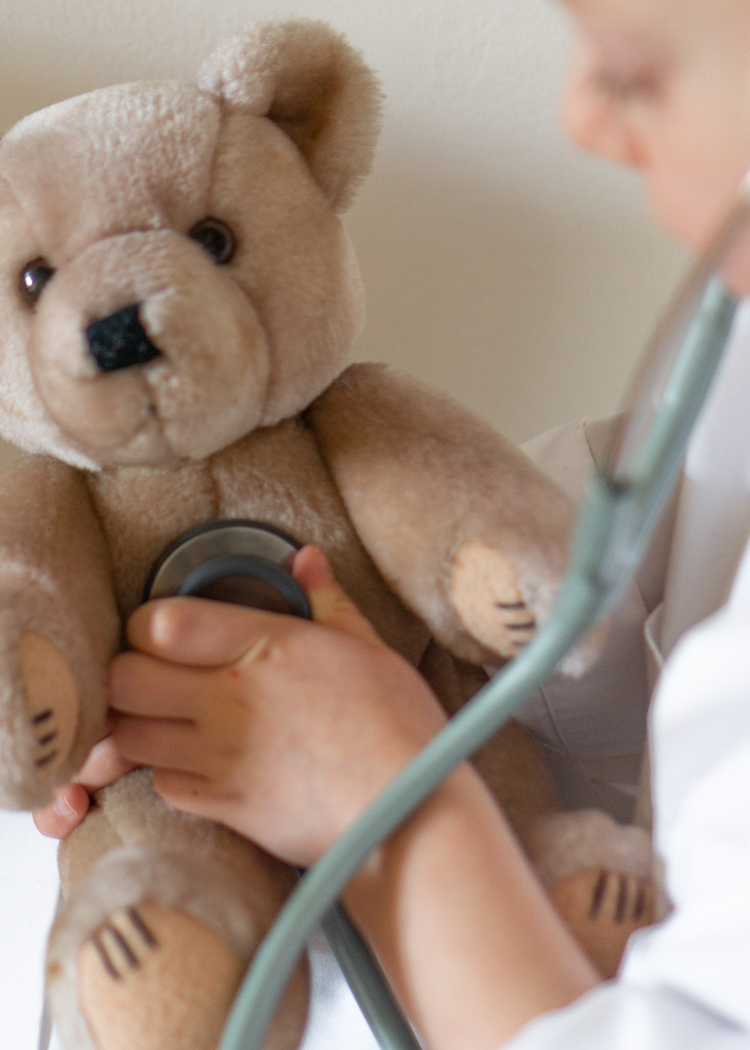Cancer
Screening
may not be
right for
everyone.
GET A QUICK READ ON YOUR CANCER.
Genetic Cancer Risk Assessment is a free and simple tool that assesses your genetic predisposition for various cancer risks so that you can see if you may benefit from clinical cancer screening.
Get Started For FreeHow it works.
Get your raw DNA data file:
"In practice, cancer screening programmes target individuals according to their risk - the risk of a cancer associated with their age or sex. But this is very broad risk assessment and is a one-size fits all strategy. By extending the risk criteria to include other factors, such as genetic risk, screening has the potential to support higher rates of diagnosis, more effective early treatments, whilst sparing lower risk people from the risks and inconvenience of screening and overtreatment."
“CANCER, SCREENING, AND POLYGENIC SCORES” - PHG FOUNDATION BLOGYour DNA can provide important clues about your genetic predisposition for certain types of cancers.
Cancer screening is an important part of the diagnosis and treatment of cancer. Since many cancer treatments work better the earlier in the disease they are started, early detection is key to reducing illness and death.
At the same time, cancer screenings can also be unnecessary, difficult, or expensive depending on your unique risk factors.
Genetic Cancer Risk Assessment is a quick way to check whether cancer screenings are right for you. Along with your age, sex, lifestyle, and family history, your genetic predisposition is an important part of your risk for certain cancers.
Genetic Cancer Risk Assessment is not a diagnostic or screening tool. Depending on your results, you may want to discuss formal cancer screening options with a licensed healthcare provider.


If you’ve already gotten your DNA tested by 23andMe, AncestryDNA, MyHeritage, Living DNA, or Family Tree DNA, you can upload your raw DNA file to check your baseline genetic risk for a variety of cancers.
Keep in mind that direct-to-consumer genetic testing services like 23andMe, AncestryDNA, Living DNA, Family Tree DNA, and MyHeritage don’t test your whole genome – instead, they only test certain parts of your genome that they think might be important. Different companies test different parts of your genome so your results might vary depending on which service you used.
Our algorithms “fill in” the missing parts using an industry-standard method called statistical imputation and then compare this imputed genome against carefully vetted studies from the NHGRI-EBI Catalog of Human Genome-Wide Association Studies to estimate your genetic predispositions.
Since Genetic Cancer Risk Assessment results are based on direct-to-consumer data from providers like 23andMe, they are quite accurate for common genetic variants but not for rare genetic variants. For rare genetic variants, the false-positive rate can be very high. That’s why this is an educational resource and not medical advice.
- basal cell carcinoma
- breast cancer
- cervical cancer
- chronic lymphocytic leukemia
- colorectal cancer
- endometrial carcinoma
- gastric carcinoma
- keratinocyte carcinoma
- lung cancer
- lymphoid leukemia
- melanoma
- non-melanoma skin carcinoma
- non-small cell lung carcinoma
- ovarian cancer
- pancreatic carcinoma
- prostate cancer
- radiation-induced disorder
- small cell lung carcinoma
- squamous cell carcinoma
- squamous cell lung carcinoma
- upper aerodigestive tract neoplasm
Your DNA is not your destiny.
Find out if you have an increased genetic risk for a variety of cancers, and then use what you learn to live a healthier life.
Get Started For FreeDISCLAIMER: This is a general health and wellness application and is not intended to diagnose or treat any condition. This application simply provides risk scores based on your unique characteristics while integrating the latest genomics research. Our algorithms are living and breathing, constantly being updated based on the latest evidence. Please discuss your actual risk with your personal physician.
© 2025 All rights reserved.
